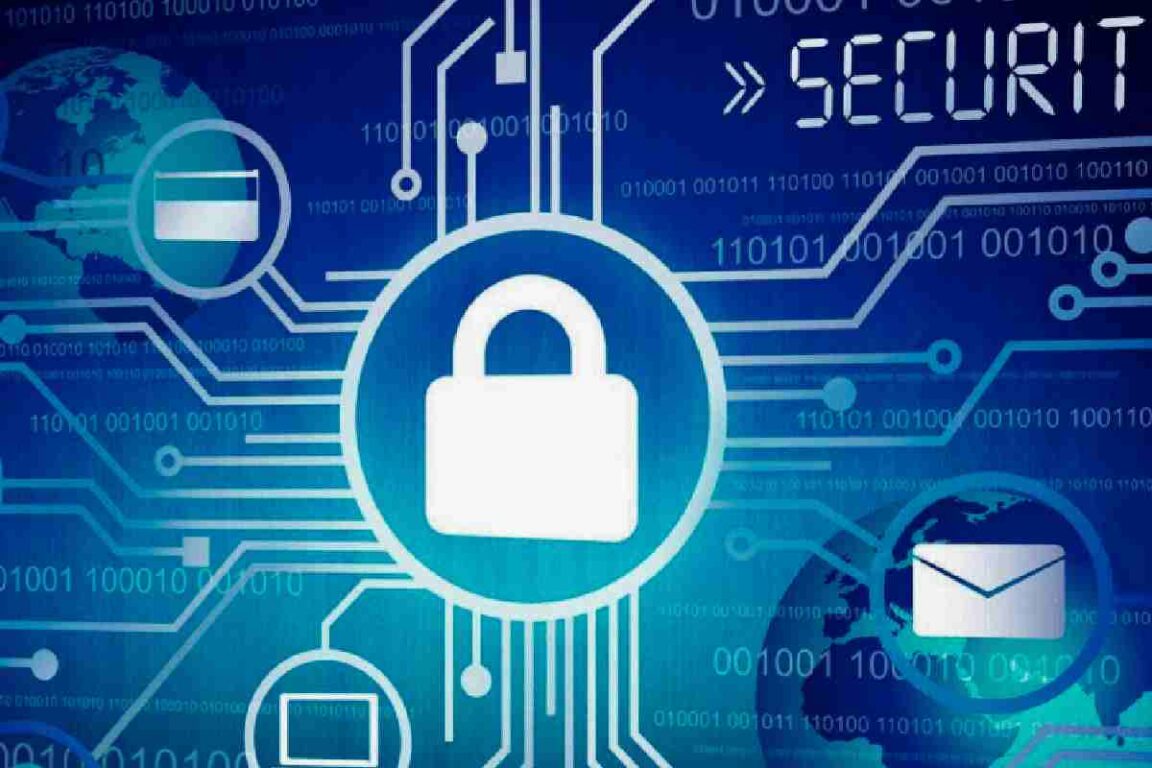Network security is the repetition of protecting computer networks from unauthorized access, use, disclosure, disruption, modification, or destruction. It is a comprehensive term that encompasses a wide range of security controls, both technical and non-technical.
Some of the Common Network Security Controls Include:
Firewalls: Firewalls are devices or software that control incoming and outgoing network traffic. They can be use to block unauthorized access to a network, as well as to prevent the spread of malware.
Intrusion detection systems (IDS): IDSs monitor network traffic for suspicious activity. If they detect an attack, they can alert network administrators so that they can take action to mitigate the threat.
Intrusion prevention systems (IPS): IPSs are similar to IDSs, but they can also take action to block attacks. For example, an IPS might be configured to block traffic from a known malicious IP address.
Antivirus software: Antivirus software scans files and network traffic for malware. If it detects malware, it can remove it or quarantine it.
Data encryption: Data encryption can be used to protect sensitive data from unauthorized access. When data is encoded, it is scrambled so that it cannot be read without the correct decryption key.
User authentication: User authentication is the procedure of authenticating the identity of a user before they are allowed to access a network or system. This can be done using passwords, multi-factor authentication, or other methods.
Network security is an ongoing process. As new threats emerge, network administrators must constantly update their security controls to stay ahead of the curve.
Some of the Benefits of Network Security:
Protects sensitive data: Network security can help to protect sensitive data from unauthorized access, use, disclosure, or destruction. This is important for businesses of all sizes, as well as for individuals.
Ensures network availability: Network security can help to ensure that the network is available when it is needed. This is important for businesses that rely on their networks for critical operations.
Prevents financial losses: Network security can help to prevent financial losses due to data breaches, malware attacks, and other cyber threats.
Protects brand reputation: A data breach or other cyber attack can damage a company’s brand reputation. Network security can help to mitigate this risk.
Overall, network security is an essential part of any organization’s overall security strategy. By implementing appropriate security controls, organizations can help to protect their sensitive data, ensure network availability, prevent financial losses, and protect their brand reputation.
The Uses of Network Security
Network security has many uses, but some of the most common include:
Protecting Sensitive Data
Network security can help to protect sensitive data from unofficial access, use, disclosure, or destruction. This is important for businesses of all sizes, as well as for individuals. For example, a company might use network security to protect customer data, financial information, or intellectual property.
Ensuring Network Availability
Network security can help to ensure that the network is available when it is needed. This is important for businesses that rely on their networks for critical operations. For example, a hospital might use it to ensure that its medical records system is always up and running.
Preventing Financial Losses
It can help to prevent financial losses due to data breaches, malware attacks, and other cyber threats. For example, a bank might use it to protect its customers’ financial information from fraudsters.
Protecting Brand Reputation
A data break or other cyber attack can damage a company’s brand reputation. It can help to mitigate this risk. For example, a retailer might use it to protect its customers’ credit card information from being stolen.
Ensuring Compliance with Regulations
Many productions are subject to regulations that require them to implement certain security measures. It can help businesses to comply with these regulations. For example, healthcare organizations are required to implement specific security measures to protect patient data.
Improving Employee Productivity
It can help to improve employee productivity by reducing the risk of data breaches, malware attacks, and other cyber threats. For example, a company might use it to block employees from accessing unauthorized websites or downloading malicious files.
Providing Peace of Mind
It can help to provide businesses and individuals with peace of mind knowing that their data is protected. This can lead to an increase in productivity, reduced stress, and improved decision-making.
Conclusion
Overall, It is an essential part of any organization’s overall security strategy. By implementing appropriate secure controls, organizations can help to protect their sensitive data, ensure network availability, prevent financial losses, protect their brand reputation, comply with regulations, improve employee productivity, and provide peace of mind.


